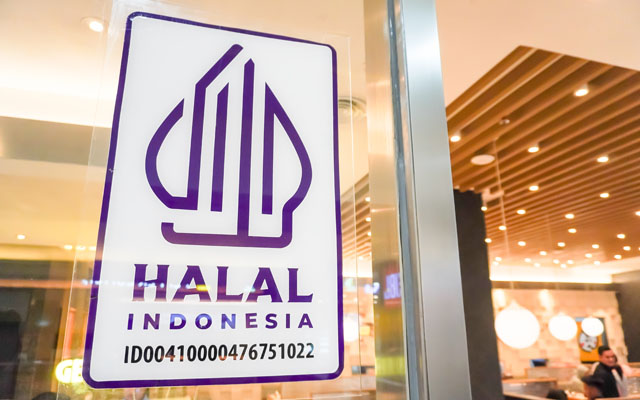Indonesian hoteliers have raised concerns about the effectiveness of the mandatory halal certification enforced by the Indonesia Halal Product Assurance Agency (BPJPH) under the Ministry of Religious Affairs.
The policy, which took effect on October 18, applies to most businesses across the country.

BPJPH chairman Haikal Hassan stated “all products circulating and traded in Indonesia must have clear boundaries between halal and non-halal”, adding that sanctions would be imposed to those failing to comply.
BPJPH has begun nationwide Halal Product Assurance supervision to ensure that medium and large businesses obtained the required halal certification.
Following the announcement, the Indonesian Hotel General Managers Association (IHGMA) and the Indonesian Hotel & Restaurant Association (IHRA) met with BPJPH to highlight the challenges the hospitality industry faces if the government continues to enforce this strict regulation.
Erick Erlangga, head of legal affairs at IHGMA, told TTG Asia that the meeting aimed to clarify the definition of products that must be certified under the law.
Referring to the government regulation, the mandate applies to three categories of products produced by medium and large businesses: food and beverages, raw food materials and additives, and slaughtered products and services.
Erick explained that the regulation focuses on the meat cutting and processing procedures, meaning certification applies to food products and suppliers. He added that hotels not declaring themselves as halal properties are not affected by the new regulation.
He added that the most affected hotels, however, are those that have declared themselves as halal hotels, as they now need to comply with new derivative regulations.
Maulana Yusran, secretary general of IHRA considers the new derivative regulations burdensome and unnecessary.
Giving the example of halal certification for food menus, which hotels are required to apply for each item, he said: “If a hotel has three restaurants and each has 20 food and beverage items on the menu, that means the hotel must have 60 halal certifications.”
In addition, the regulation is becoming increasingly irrelevant because hotel menus often change and are seasonal, while the certification process takes time.
Maulana continued: “The menu may have changed by the time the certificate is issued. So, should we sell the same menu for years? This impacts sales and stifles the creativity of F&B services in hotels.”
For IHRA chairman Hariyadi Sukamdani, the biggest burden of the new regulation lies in the cost and certification procedures. He said: “Previously, certifying one restaurant cost a hotel between US$314 and US$627. Now, the cost ranges from US$1,883 to US$4,393 per menu. Just imagine how much it costs to become a halal hotel.”
The certification process is also becoming more complicated. In addition to registering with the Food, Drug, and Cosmetics Assessment Institute of the Indonesian Ulema Council, applicants must now also register with the government’s BPJPH.
“Although it is all digitalised, the prerequisites and procedures are piling up,” Haryadi added.
Concerned that most hotels will choose not to apply for a halal hotel label, while those already certified may opt not to renew their certification, Maulana said: “(Hotels that) initially wanted to add value with a ‘halal label’ are now burdened with costs and regulations.”

















